Are we putting our children at risk?
I might get a lot of criticism in this column but it's been playing on my mind for some time now.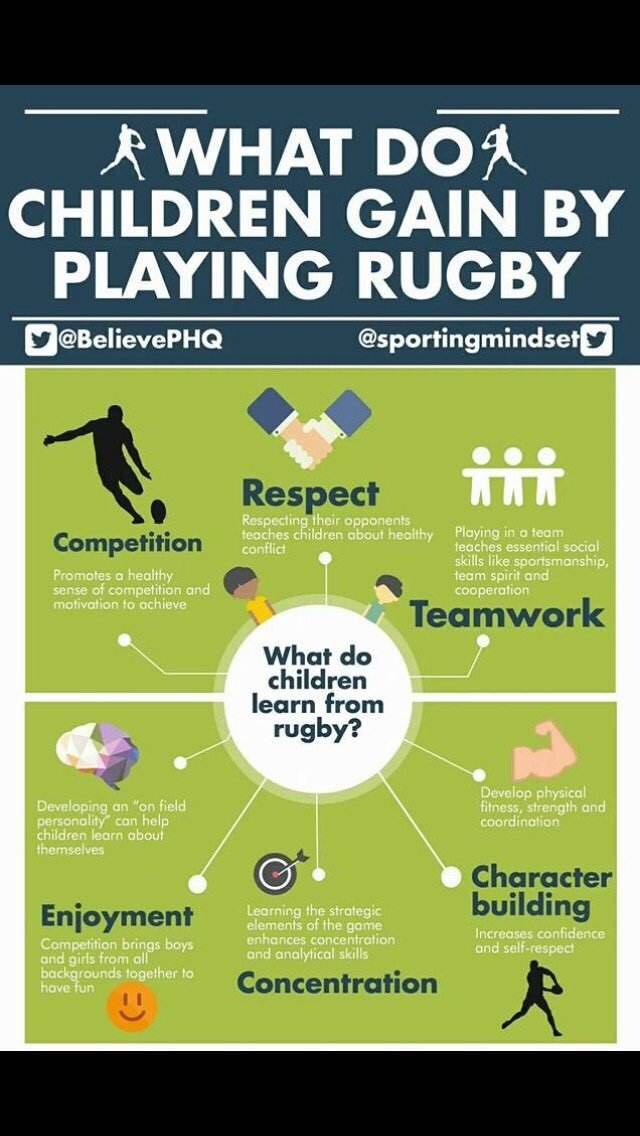
As I do not have any children of my own, I have no reason to, or cannot benefit personally by writing this.
I always coached players as if they were my own children and on those grounds made decisions that had an impact or influence on them.
So what inspired me to write this article?
A few weeks ago I drove past a well-known school and to my astonishment the boys (I recon between the ages of five and eight years of age) were busy doing full contact tackling and cleaning.
It is scary stuff.
I think we have it very wrong.
In my opinion kids at that age should be:
1. Introduced to the game
2. Having fun playing games
3. Developing a love for the game (enthusiasm/excitement)
4. Learning all basic skills such as running and passing
5. Taught the safety of the game
Before I discuss a few issues, I must emphasise that:
* I love the game of RUGBY
* There is a place for RUGBY from a young age and for all shapes and sizes as intended
* There will always be a risk in playing RUGBY (as in any other contact sport)
Since Rugby Union became professional in 1995, its popularity has increased enormous and more kids wan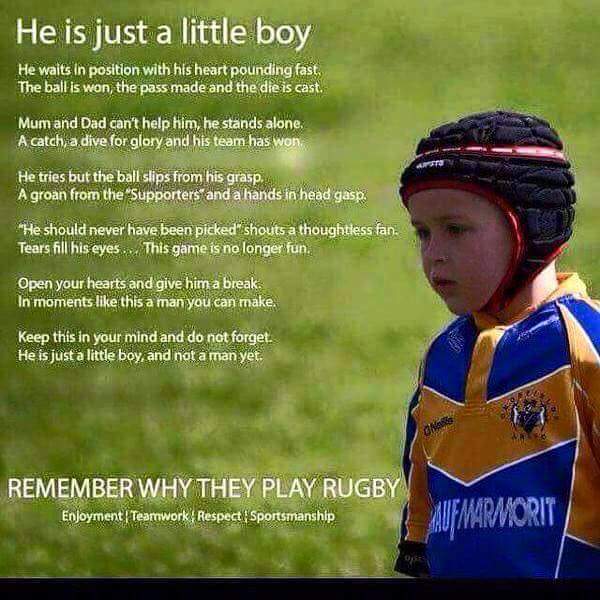 t to play the game and dream of becoming top international stars.
t to play the game and dream of becoming top international stars.
I think that is great that the kids dream big and want to play the game we love so much. However, my question is: Are we boxing clever?
The professionalism has blown over to schools and even at junior primary schools, the boys are playing very competitive, full contact games for a trophy or championship.
They actually already play with game-plans and structures.
Maybe that is the problem why we can not play out of the box situations and battle to adapt.
At primary school the foundation is laid. Many coaches at that level had an influence or played a role in a boy becoming a Springbok, while in other cases taking a decision to stop playing (which include parents).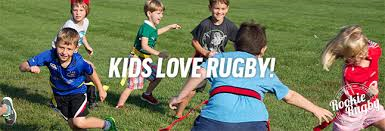
No, I am not a doctor or medical expert at all. However, I have worked with the SA Sports Institution and many years ago had a great discussion with Tim Noakes and my fitness coach of the 2003 Under-19 World champion team Justin Durandt, as well as a friend and top biokineticist Gerhard Jordaan.
So I guess after 25 years of coaching I do have the expertise to speak on the subject with authority.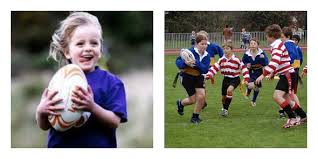
Rugby is a high-impact, collusion sport – in which players have to exert extreme force in order to acquire and maintain possession of the ball.
Injuries are frequent.
Allyson Pollock, a professor of public health research and policy at Queen Mary University of London, argues that there is a link between repeat concussions and mild cognitive impairment in young and adult players.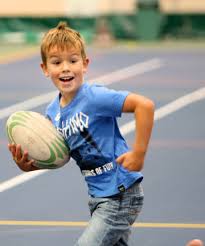
The majority of injuries, at least 75 percent occur during contact or collusion – such as a tackle or scrum.
The scary part is that studies revealed that most injuries at junior level is that of concussion, which is traumatic and can be associated with depression, memory loss and poorer verbal fluency.
"The majority of all injuries occur during contact or collision, such as the tackle and the scrum," those studies say.
"These injuries, which include fractures, ligamentous tears, dislocated shoulders, spinal injuries and head injuries, can have short-term, life-long and life-ending consequences for children."
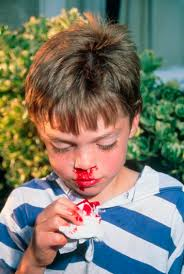 In New Zealand, the boys at a young age start playing in weight groups and play games related to rugby such as Touch/Tag rugby – where the kids are thought to run, pass and catch. They are taught to identify space, run into it and make decisions, but mostly having FUN and being safe from catastrophic injuries.
In New Zealand, the boys at a young age start playing in weight groups and play games related to rugby such as Touch/Tag rugby – where the kids are thought to run, pass and catch. They are taught to identify space, run into it and make decisions, but mostly having FUN and being safe from catastrophic injuries.
Some key Rules for young players, management & supporters:
* Kids must have fun regardless the results
* Ensure only positive support and coaching is given on and off the field
* Develop sportsmanship and take time to interact with other players and teams
So in conclusion my suggestion is, let's get away from physical contact rugby and competitions at primary schools (specially young age groups five to 11) and let the kids enjoy their RUGBY journey.
The top players with potential will still excel at high school/varsity and those good enough will play at provincial and international level.
By Eugene Eloff
@LoffieEloff
@rugby365com















































